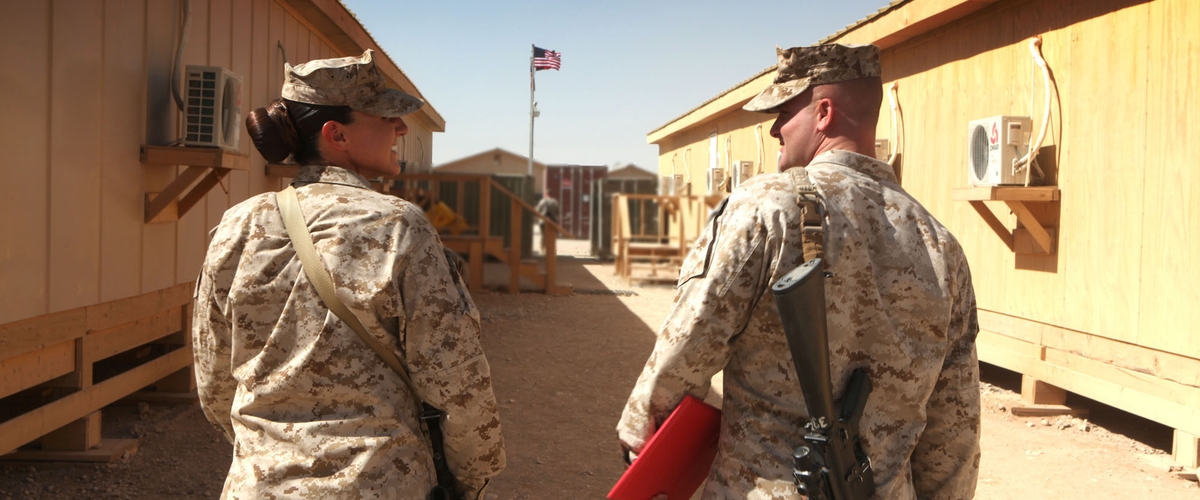Supporting a Peer After Sexual Assault

It's a difficult situation. Your friend calls and tells you the unthinkable. He/she has been sexually assaulted. Your mind races as you try to process the news. You want to be supportive, but you don't really know what to do. Consider these "Dos" and "Don'ts" when offering support to a victim.
DO listen to the victim
Sometimes the best thing you can do is just be a good listener. That's probably why your friend is leaning on you in the first place. If you are talking more than you are listening, you're likely not being a good listener!
DON'T judge the victim
Sexual assault is one crime where victims are often scrutinized and even blamed for the crime. Keep in mind that no one asks to be sexually assaulted. The alleged offender is 100 percent responsible for his or her crime.
DON'T ask for any details.
Sexual assault is a serious crime, and like any serious crime, it's a traumatic event for the victim. You don't need to know the "who, what, when, where, how and why" of the assault. Your friend will take the lead on whether he or she wants to "get into the details."
DO use phrases such as:
- "You're safe now (only if true)."
- "I'm glad you're talking to me."
- "I'm sorry it happened."
- "It wasn't your fault."
- "Your reaction is not uncommon."
- "It must have been really upsetting to experience that.
- "I can't imagine how you must feel.'
DON'T use phrases such as:
- "What were you wearing?"
- "How much did you have to drink?"
- "You're lucky that . . ."
- "It'll take some time, but you'll get over it."
- "I can imagine how you feel."
- "Don't worry; it's going to be all right."
- "Try to be strong for your children, spouse, etc."
- "Calm down and try to relax."
DO ask if the victim is open to seeking medical care or talking to a Uniformed Victim Advocate (UVA) or SAPR Victim Advocate (VA).
You may ask your friend about going to the ER or offer to take your friend there yourself. If your friend agrees, you may also contact the UVA or SAPR VA yourself.
DON'T leave the victim alone.
Sexual assault victims are often overwhelmed with feelings, including fear, shock, helplessness, hopelessness, despair, anger, anxiety, panic, and even suicidal thoughts. Before you leave your friend, ask if you can call someone else to provide support, like a UVA or SAPR VA.
For more information about how to help a victim, visit the Sexual Assault Prevention and Response page or click here.